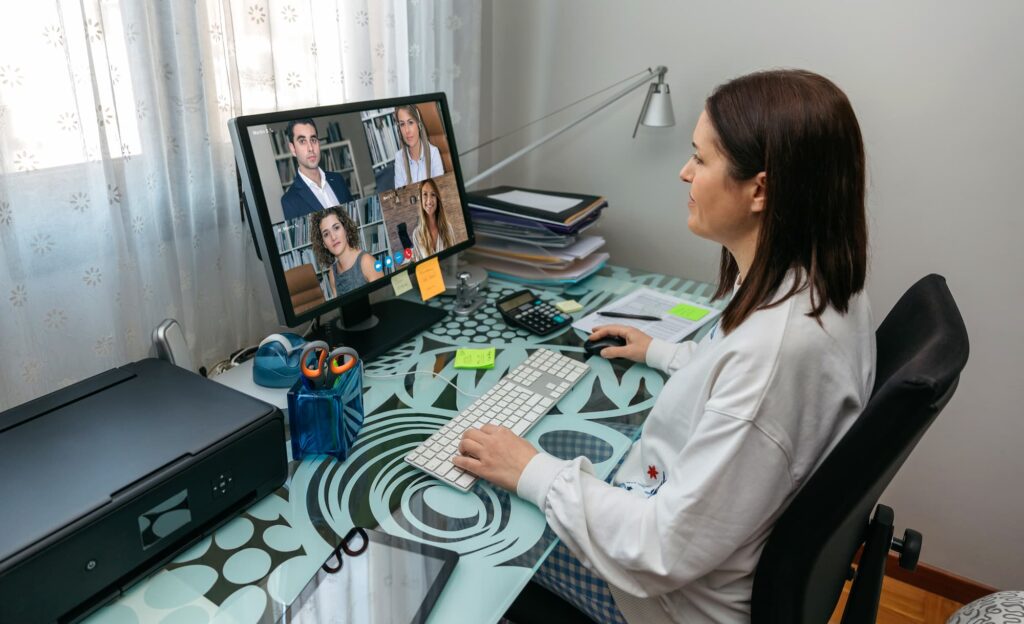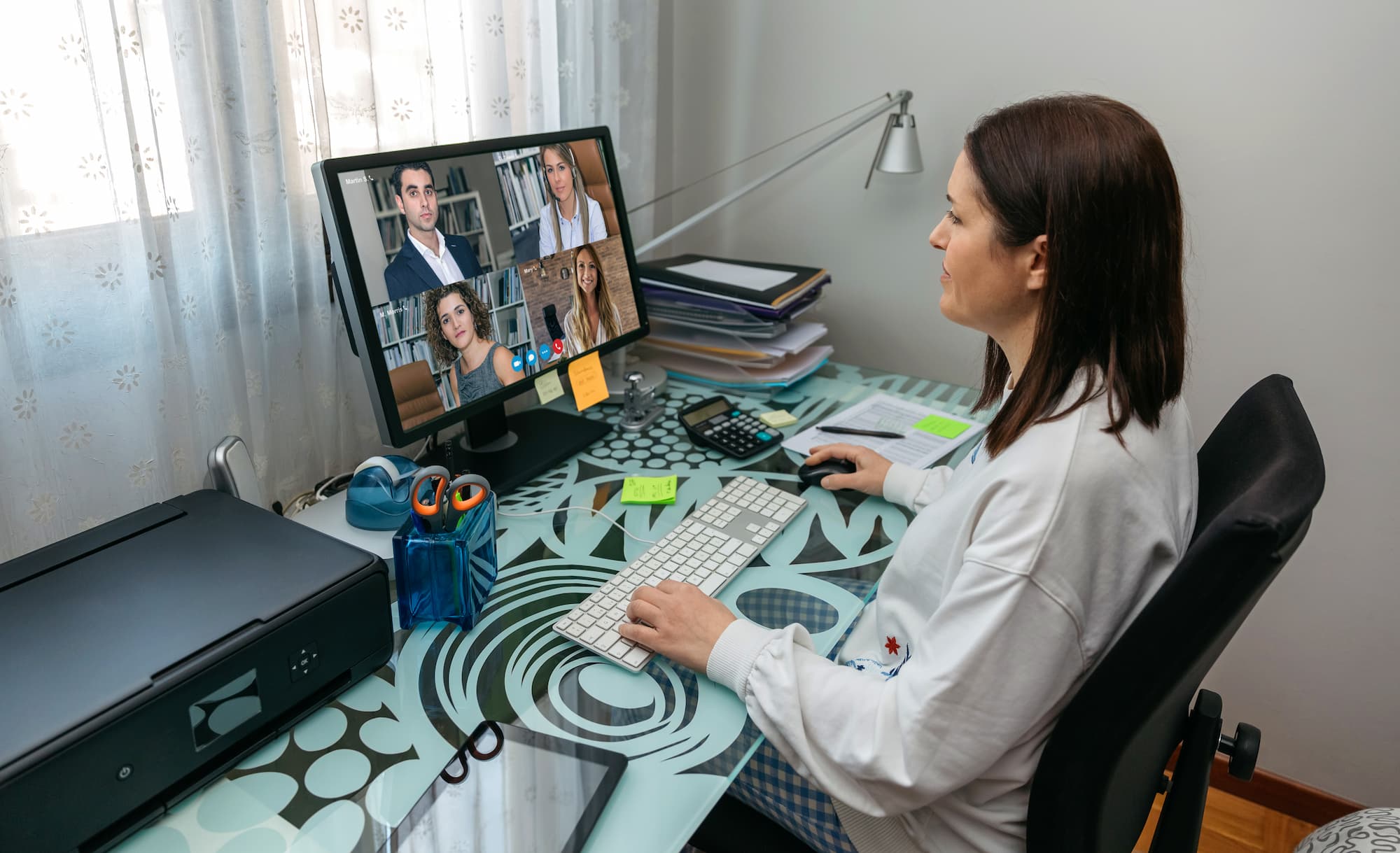Top 10 Tips For Building Client Partnerships as a Freelancer
As freelancers, we all want to attract clients, yet building strong and lasting relationships with clients is essential for long-term success in the freelance industry. It is probably the most important and also the most challenging aspect of the job. It’s damaging to put your clients in set-and-forget mode. You need to strike a balance between service and productivity.
At Australia’s Freelancing Hub, we thought it would be valuable to share expert advice on strengthening client relations through delivering exceptional work, effective communication, building rapport, and offering additional value, just to name a few.
Whether you’re experienced or just starting your freelance journey, these tips will help you foster trust, loyalty, and mutually beneficial collaborations with your clients. Master the art of cultivating client partnerships and unlock the full potential of your freelance career.

How To Build Freelance Client Relationships
Think about the relationships in your personal life that you enjoy. You spend time on them, invest in them and adapt to changes as necessary. This is not dissimilar to client relationships. Earmark some time for each of your clients and action the following ideas.
- Deliver Exceptional Work
Consistency in providing high-quality work that goes above and beyond client expectations showcases your professionalism and dedication. Pay meticulous attention to detail, ensuring that every aspect of your deliverables is polished and meets the client’s requirements.
By consistently delivering exceptional work, you establish trust and build a reputation for excellence. This not only increases client satisfaction but also creates a solid foundation for ongoing collaborations and positive word-of-mouth referrals.
- Communicate Effectively
Maintain open and transparent communication with clients. Keep them updated on progress, respond promptly to inquiries, and actively listen to their needs and feedback.
While this may sound simple, it’s a skill that takes time to develop. It’s easy to get caught up in the work and lose sight of the fact that you are building relationships with people, not just projects.
- Establish Clear Expectations
Being responsive, reliable, and attentive to your client’s needs is paramount, however, you need to clearly communicate your process. Establish your scope of work, payment schedule, and deliverables so there is zero confusion. Make clear the expectations, so you don’t set false ones. False expectations are a dealbreaker!
- Build Rapport
Take the time to establish a personal connection with your clients. Show empathy, understand their goals, and develop a mutually respectful relationship. Make them feel valued and prioritise their satisfaction throughout the collaboration.
- Understand Your Client’s Business
- Ask For Feedback
Request feedback from your clients to understand their experience working with you. Use their feedback to continuously improve your skills and services.
If a client is not happy with your service, don’t take it personally (we know that’s not easy.) Feedback is part of the process. Ask questions. When clients come to you with a problem, ask them questions about what they want to achieve, their approach to the job and specifically what isn’t working. Take onboard new ideas to get to the right solution. Problems are our steepest learning curves – embrace their challenge.
- Be Flexible
The world is constantly changing. By being flexible, you will be able to adapt to new situations and client needs. This not only helps you provide the best service possible but also keeps your clients happy.
The customer may not always be right however they are paying, so you should take the time to listen and understand their requirements. This will help you decide if there are any changes that need to be made or new ideas that can be implemented. Again this is a balancing act between your experience and their requirements.
- Offer Additional Value
Look for opportunities to provide extra value to your clients. Offer suggestions, share relevant resources, or provide insights that can help them achieve their goals beyond the specific project.
- Seek Long-Term Partnerships
If you have had a productive experience with a client, express your interest in establishing long-term partnerships with them. Let them know working with them has been valuable, that you are available for future projects and are committed to their success.
- Stay Connected



